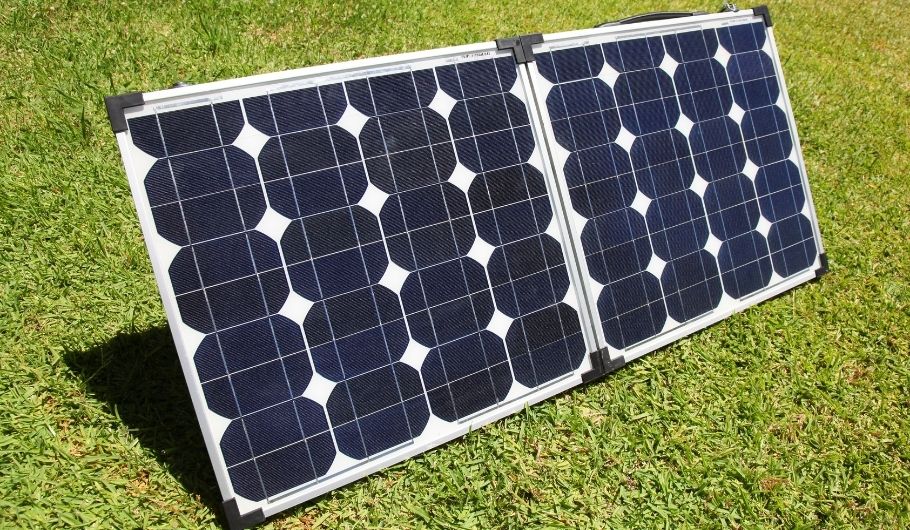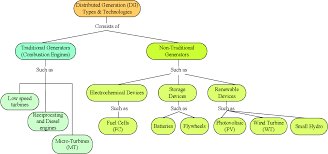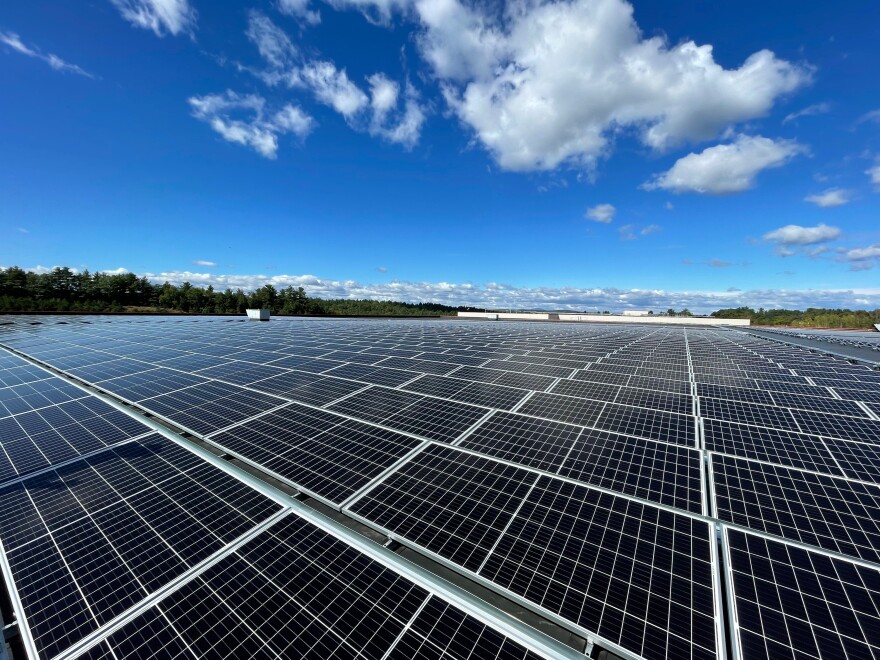
Sunrun is a major solar energy provider in the nation. They offer multiple 10-year warranties for their panels and are present in 22 states. You have the option of leasing, buying, renting, or purchasing your solar panels. There are many panel types to choose from, including monocrystalline, crystalline and thin-film. Sunrun was established in 2007 and is the largest solar energy provider in the country. Sunrun solar panels can be leased with many benefits including a ten-year warranty, a wide range of panel types, and various payment options.
Benefits of leasing a solar array
The upfront cost of leasing a solar array could be significant. Depending upon the type of solar lease, you can save up $25,000 or more. Since you do not have the solar panels you will only need to pay a monthly charge. This could be less than what your grid would cost. Leasing also has its benefits. When you choose the right business, you will save on monthly costs.
A solar array lease can reduce your utility bill by between fifteen and forty percent, depending on its configuration. Your utility rates will rise and you'll save more. You don't need to pay upfront for leasing, which is great news especially for solar vendors. Instead, the solar lease company will pay for the permits, equipment, and installation costs. Once the system has been turned on, the payments will become due. The leasing company will also manage repairs and maintenance as they insure the system.

Costs of leasing a solar array
Leasing a solar array is a great way to save money, but it can be costly over time. You might end up paying more to lease your solar array than for the actual system. While future energy prices will cause the payments to increase, they may not rise above 3%. In addition, solar lease payments never become free. As electricity prices rise, so will your escalators.
In addition to these maintenance and administration costs, solar leases are also less affordable than buying a solar array outright. In addition to third-party insurance, you will need to finance lease interest. Although leasing may be cheaper in the short-term it may not be the best option. Leasing is especially beneficial for people who aren't ready to commit to long-term solar plans. Let us tell you about the pros and disadvantages of leasing a photovoltaic array.
The cost of purchasing a solar panel
Depending on where you are, the cost to install a solar system can vary. Residential systems are generally priced between $3.50-5 per watt. You can save money on installation costs by taking advantage of tax credits or other incentives. Depending on your area and the type you choose, you can save anywhere between $650-$25,000 each year. Because installation costs vary depending on location, there are many solar panel options.
Remember that the price of a solar panel does not include labor and overhead costs. Take into account your financial situation. Are you able and able to afford the installation up-front? Are there any savings or credit cards balances that you can use to pay for the installation? If you do not have the money up front, you might need financing or leasing in order to pay your solar panels. If you have the cash upfront, tax credits and other benefits can be available.

Installation of a solar panel requires a permit
You may need different permits depending on where you live. Residents of Cheyenne or Casper may require different permits than residents in other cities. To get the required permits, you may need to submit an application and drawings detailing the solar panel system. You might also need to get zoning approval. It can take time and effort to obtain the permits and can be expensive to have a professional engineer oversee your project. It may be necessary to drive to drop off permit packages. In some cases, it may also be cost-prohibitive to have a licensed contractor assist you.
You will need to comply with all local building codes. In addition, the local enforcing agency must oversee the installation. Depending on the state and jurisdiction, they will need to check that the structure complies with all state and local building codes. This includes checking if the installation meets fire safety regulations. Many jurisdictions have entered into memorandums to understand with fire districts. When planning your installation, it is important to contact the local fire department.